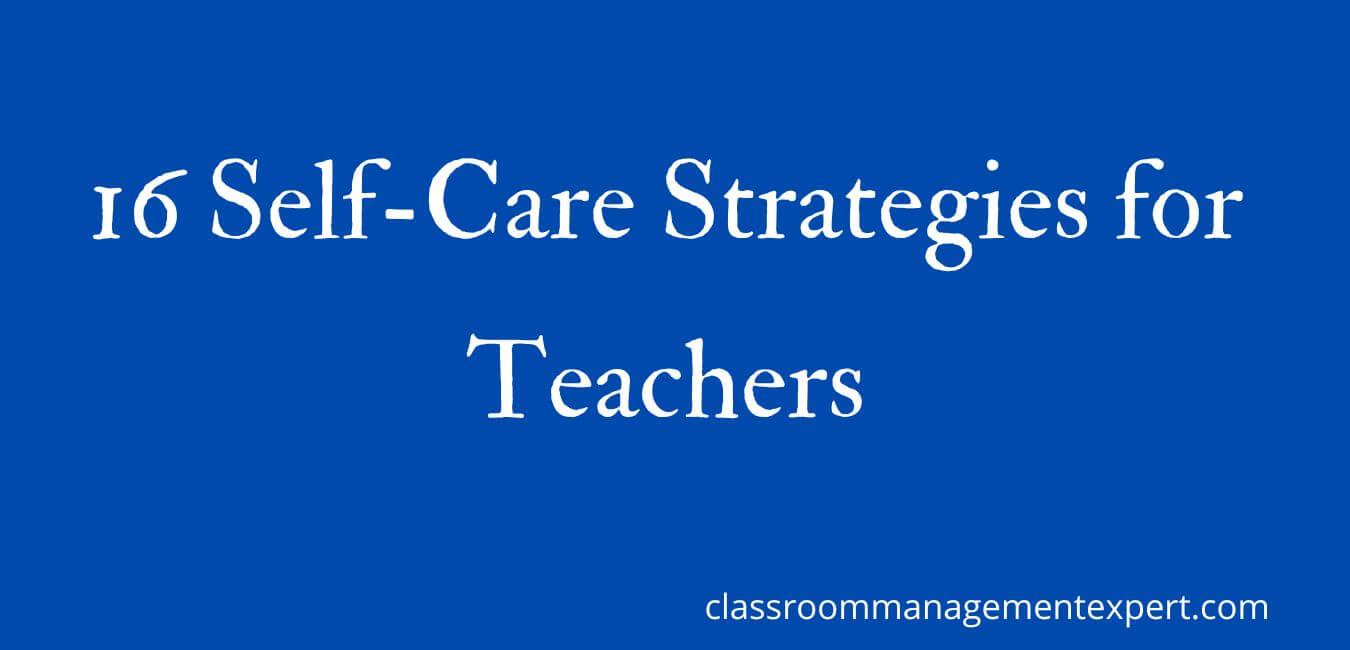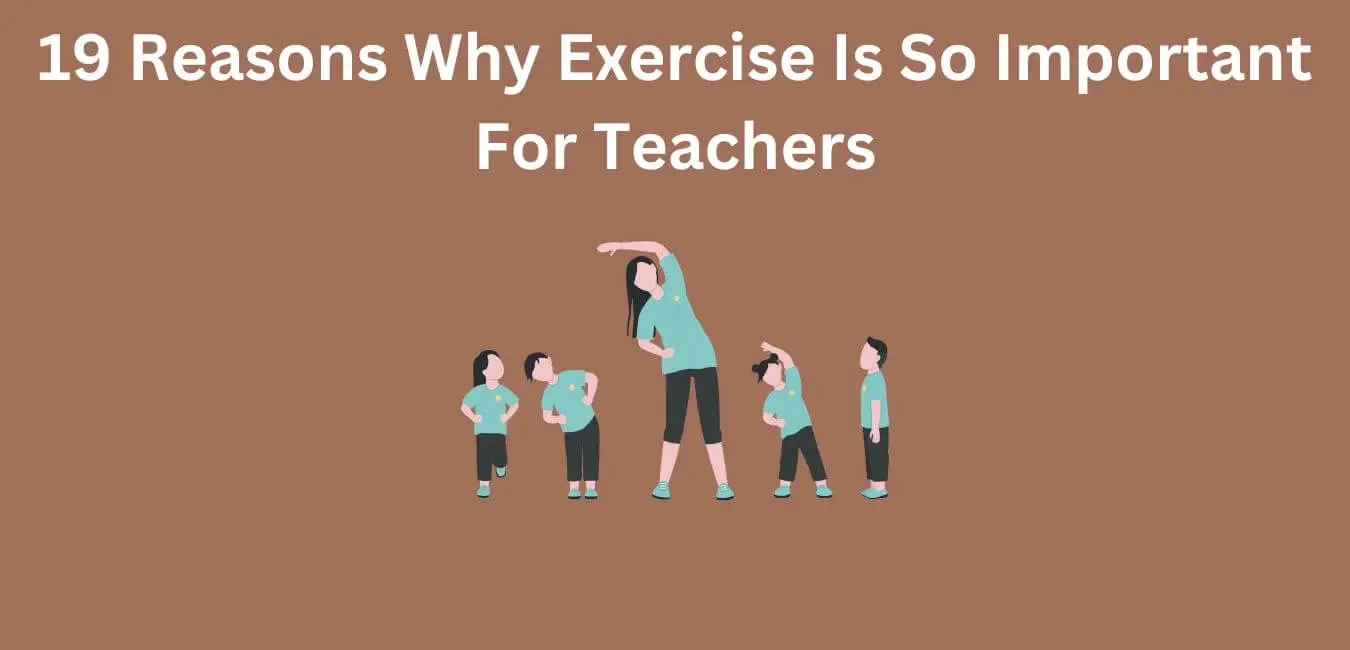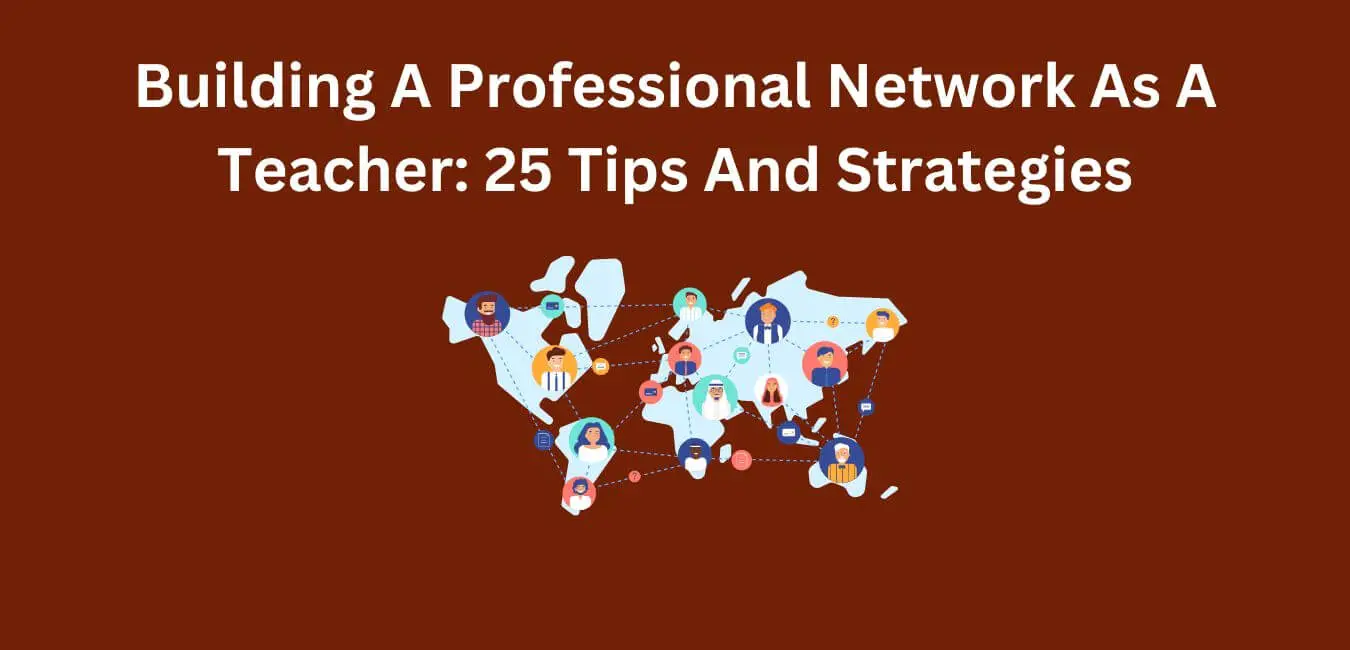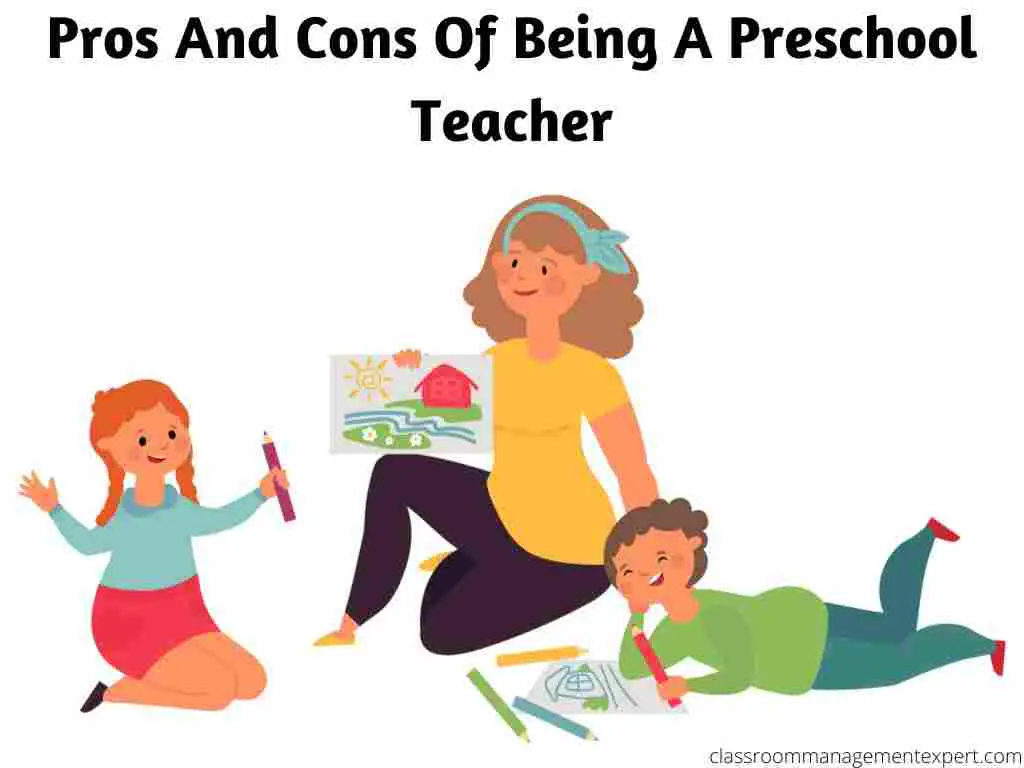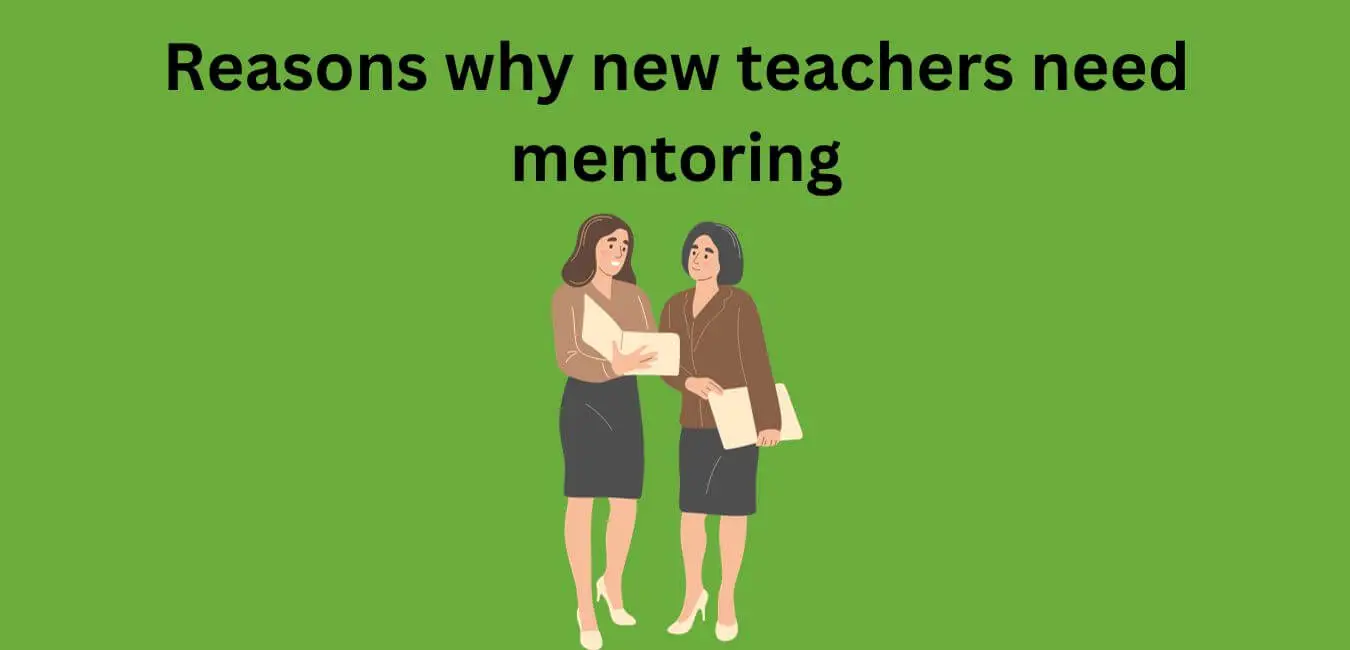Have you ever considered teaching as a career? It’s a great way to make a difference in the lives of others, and it can be a very rewarding profession. But it’s not always easy, and it’s not for everyone. If you’re an introverted person, you might be wondering if teaching is a good career for you. Here’s what you need to know.
What Is an Introvert?
An introvert is someone who prefers to spend time alone or in smaller groups, as opposed to larger groups or parties. They are often seen as shy, but this is not always the case. Many introverts are actually very outgoing and gregarious; they just prefer quieter environments and don’t recharge by being around people like many extroverts do.
Susan Cain, author of “Quiet: The Power of Introverts in a World That Can’t Stop Talking,” says that introversion is “more about how you respond to stimulation” and isn’t necessarily indicative of a personality type. She argues that introverts crave and prefer solitude in order to recharge, and that many successful and famous people self-describe as introverts.
Is Teaching a Good Career for Introverts?
Yes, teaching can be a great career for introverts. However, it depends on the individual introvert’s strengths, weaknesses, and preferences. Teaching can be a very rewarding career for introverts who are patient, good at communicating ideas and enjoy working with people.
On the other hand, it can be challenging for introverts who prefer solitary work or who find large groups of people draining. Here are a few reasons why teaching can be a good career for introverts:
1. Teaching can be a very flexible career. Introverts often do best in careers that allow them to control their own environment and schedule. Teaching can offer this type of flexibility, especially if you teach online or in a private setting.
2. Teaching can be a very rewarding career. Introverts often find great satisfaction in helping others learn and grow. Teaching can be a very rewarding profession, both emotionally and financially.
3. Teaching can be a great way to meet people. While introverts may not enjoy large group settings, teaching can be a great way to meet new people and build relationships. You’ll likely meet a wide variety of people in your line of work, which can be both interesting and beneficial.
If you’re thinking about a career in teaching, don’t let your introverted personality hold you back. There are many reasons why teaching can be a great career choice for introverts.
Why Might Teaching Not Be a Good Career for Introverts?
Well, there are actually a few reasons why teaching might not be the best career choice for introverts. Here are a few reasons why:
1. Teaching may not be a good career for introverts because it can be quite draining.
Introverts may not find teaching to be a good career option because it can be quite draining. Teaching requires a lot of social interaction and can be quite taxing for introverts who prefer to spend time alone or in small groups. If you are an introvert and are considering a career in teaching, you may want to consider whether or not you will be able to handle the constant social interaction.
2. It can also be quite challenging to manage a classroom of students by yourself.
It can be quite challenging for introverts to manage a classroom of students. This is because, as a teacher, you are responsible for their well-being and their education. You need to be able to keep them organized and ensure that they are learning the material. Additionally, you also have to be able to deal with any behavioral issues that may arise.
3. Introverts may also find it difficult to connect with students on a personal level.
Introverts may find it difficult to connect with students on a personal level because they may be more interested in teaching than in socializing. Additionally, introverts may find it difficult to initiate conversations with students because they may feel shy or inhibited. Introverts may also find it difficult to keep up with the banter and joking that is common in teacher-student interactions.
4. Teaching requires a lot of energy, and introverts may find it more difficult to maintain that level of energy throughout the day.
Teaching is a demanding profession that requires a lot of energy. For introverts, it may be more difficult to maintain that level of energy throughout the day. However, introverts can be successful teachers if they learn to manage their energy levels and create an environment that is conducive to their introverted nature.
5. Teaching can be a very stressful job, and introverts may not be able to handle the stress as well as extroverts.
Introverted teachers may not be as well-equipped as extroverted teachers to handle the stress that comes with teaching. This is because introverts are more prone to overthinking and ruminating on negative experiences. This can lead to a downward spiral of negative thoughts and emotions, which can be very overwhelming and debilitating. As a result, introverts may find it more difficult to cope with the demands of teaching and may eventually burn out.
9 characteristics that benefit introverted teachers
Introverted teachers have several characteristics that benefit them in the classroom. They are able to listen to students and balance their own needs with the needs of the class. It is important for introverted teachers to recognize their limits and work within them. This allows them to be creative and effective in their classrooms.
Meeting new people and meeting parents can be frightening and embarrassing experiences for introverted teachers, but they are usually able to manage these situations well.
Cathy Pickens, an expert on introverts, believes that the introverted nature of many teachers is actually an asset in the classroom. She says, “Introverts are often more reflective than extroverts and thus better able to understand and articulate the complexities of human behavior.”
Here are the benefits of being an introverted teacher:
1. Patient
An introverted teacher needs to be patient. They may have a harder time interacting with students, but they are able to be more effective when they take their time to get to know them. They need to be patient and let the students come to them with questions and concerns.
2. Good at Listening
Introverted teachers need to be good at listening because they need to be able to understand what their students are saying without interruption. They need to be able to keep track of the conversation and be able to answer any questions that their students may have. Introverted teachers also need to be good at giving feedback, as it is important for them to be able to help their students grow and improve.
3. Can work independently
Introverts can be very productive when working independently. They may prefer to work in solitude, but they are not shy about getting their work done. Introverts may be more comfortable taking the time to think things through before making a decision, which can lead to more thoughtful and effective decisions.
4. Being able to connect with students meaningfully
The ability to connect with students meaningfully is an essential skill for any educator. It is important to be able to understand the students’ needs and to be able to communicate with them in a way that they will understand. It is also important to be able to build relationships with students and to be able to help them develop their skills.
5. Can be calm in a chaotic environment.
The ability of an introvert to remain calm in a chaotic environment is an important skill for becoming a good teacher. Introverts may take a while to adjust to a new situation, but once they do, they can be very efficient and effective. Introverts are often good at taking things one step at a time, and they may be better at dealing with details than others. This can make them good at problem-solving and assessing situations.
6. They are reflective.
Introverts are reflective and take their time to think things through before speaking or acting. As a result, they make great teachers because they are able to think deeply about their students and their lessons. They are also patient, which is essential in working with students who may be difficult or who need time to process information.
7. Good at planning and preparing.
Introverts are often drawn to teaching because of their ability to plan and prepare. They are great at motivating and inspiring students and often have a deep understanding of their subjects. Introverts are often able to connect with students on a personal level, which makes them excellent teachers.
8. Being able to understand students
It is important for a teacher to be able to understand their students in order to provide them with the best possible education. This can be done by being aware of their individual personalities and interests, as well as their level of comprehension. Additionally, teachers should be able to adjust their teaching style to match the level of comprehension of their students.
9. Being able to empathize with students
It is important for educators to be able to empathize with their students. This allows for a better understanding and connection between educator and student. It also allows the educator to provide the best possible educational experience.
Tips for Becoming a Good Teacher If You’re an Introvert.
1. Develop a Thick Skin
In order to be a good teacher, you need to have a thick skin. This means that you need to be able to handle criticism and not take things personally. Developing a thick skin will help you to stay focused on your goals and not let the negative comments of others get in the way of your success.
2. Be Prepared
As an introverted teacher, it is important that you are prepared for each class. This means that you should have all of your materials ready ahead of time and that you should know what you are going to teach before you step into the classroom. By being prepared, you will be able to focus on your students and not on your own anxiety.
3. Be assertive
It is also important that you are assertive when teaching. This means that you should speak up when you need to and that you should not be afraid to ask questions or make suggestions. Being assertive will help you to get your point across and ensure that your students are paying attention.
4. Be Passionate
It is important that you are passionate about what you are teaching. If you are not interested in the subject matter, it will be difficult for you to keep your students engaged. However, if you are passionate about what you are teaching, your students will be more likely to listen to and learn from you.
5. Find your supportive community.
When it comes to finding a supportive community, look no further than your local community college. There are always other colleague teachers looking to connect and collaborate, and you can find plenty of support and resources. If you’re passionate about what you’re teaching, your students will be more likely to listen to and learn from you.
6. Advocate for yourself
When it comes to advocating for yourself, it is important to be proactive and be aware of your own strengths and weaknesses. You should also be prepared to defend your position and be willing to take on challenges. Additionally, it is important to be patient and not give up easily. While it may take time to achieve success, with the right attitude and effort, you can achieve anything you set your mind to.
7. Get to know your students
In order to be successful in teaching, it is important to get to know your students. This can be done by observing them in class, asking them questions, and getting to know their interests and hobbies. By doing this, you can better understand what they are struggling with and how to help them be successful in your class.
8. Create a positive classroom environment.
A positive classroom environment is essential for both the students and the teacher. It allows for a productive learning environment in which both the students and the educator can focus on their individual tasks. It is also important to create a positive environment in order to reduce the amount of stress that the students may be experiencing.
9. Be patient with yourself.
It can be difficult to be patient when you feel frustrated with your students. Remember that they are also learning and that they may not understand what you are asking of them. Try to be as clear as possible and be patient while you wait for them to catch up. Be sure to praise them when they do understand, and remind them that learning is a process that takes time.
10. Know your limits
When working with students, it is important to know your limits. If you are not comfortable with a particular activity or task, do not attempt it. Always be respectful of your students and do not force them to do something they are not comfortable with.
11. Set boundaries
One of the most important things that a teacher can do is set boundaries in the classroom. This will help to ensure that all students feel comfortable and respected. It is important to set clear expectations from the beginning of the year and to stick to them. If a student does not meet these expectations, then disciplinary action should be taken.
12. Know your triggers
Once you know what things make you anxious or stressed, you can start to avoid them or take steps to manage them before they have a negative impact on your mood. Additionally, it can be helpful to talk to a therapist about your triggers so that they can help you better understand and manage them.
13. Check in with yourself regularly.
It is important to check in with yourself regularly to make sure that you are staying on track. This can be done by taking a few minutes to reflect on your goals and how you are doing so far. It can also be helpful to keep a journal in which you can write down your thoughts and feelings about your progress. By regularly checking in with yourself, you will be able to stay motivated and on track.
14. Taking care of yourself.
Taking care of yourself is important. You need to eat healthy, exercise, and get enough sleep. If you don’t take care of yourself, you will not be able to do your best at school or work.
15. Make a sacred, introverted space.
Creating a sacred space is important for introverts. Introverts need time to recharge and focus in order to recharge their energy and be productive. Introverts need a space where they can be alone and not be disturbed. Introverts need time to think and reflect.
16. Decompress Every Evening.
It is always a good idea to decompress each evening. This can help to reduce stress and improve moods. By taking some time to relax, you can prepare yourself for the next day and achieve a more productive work environment.
17. Start Each Morning with Some Quiet Time
There is something about getting up early that allows for a sense of peace. It’s a time for you to focus on yourself and take a few minutes to yourself. This can be done by reading your favorite book, taking a walk, or practicing some meditation.
18. Be Thoughtful
Introverts are often thought of as shy and unassuming, but that doesn’t mean they don’t have a lot to offer. Introverts are often thought of as thinkers, and they often have a lot to say if given the opportunity. An introverted teacher should make an effort to be friendly and approachable, and should be mindful of how he speaks and acts in order to avoid coming across as standoffish or unapproachable.
19. Be Creative
Even introverted teachers can be creative in their teaching methods if they are willing to try new things. Creativity is the key to success in the classroom. For example, they can use multimedia tools to engage their students. They can also be creative in their classroom management techniques.
20. Don’t be afraid to be yourself.
If you are yourself, you will be happy. There is no need to try to be someone you are not. You will be more relaxed and content with yourself.
21. Be flexible
Many people think that being a successful introvert means that you have to be shy, antisocial, and closed off from the world. This couldn’t be further from the truth. In fact, being flexible and open-minded is one of the key traits of a successful introvert.
Being flexible means that you are able to adjust to different situations and people. You don’t have to be rigid and always follow the same rules. You can be yourself but also be open to new ideas and experiences.
Conclusion
It is important to be a good teacher, and there are many benefits to being a good teacher. However, being an introverted teacher can be challenging. There are stereotypes of introverts that make it difficult for them to be seen as good teachers. However, there are ways that introverted teachers can be successful. By developing a thick skin, being prepared, being assertive, and being passionate about their work, introverted teachers can be successful in the classroom.



